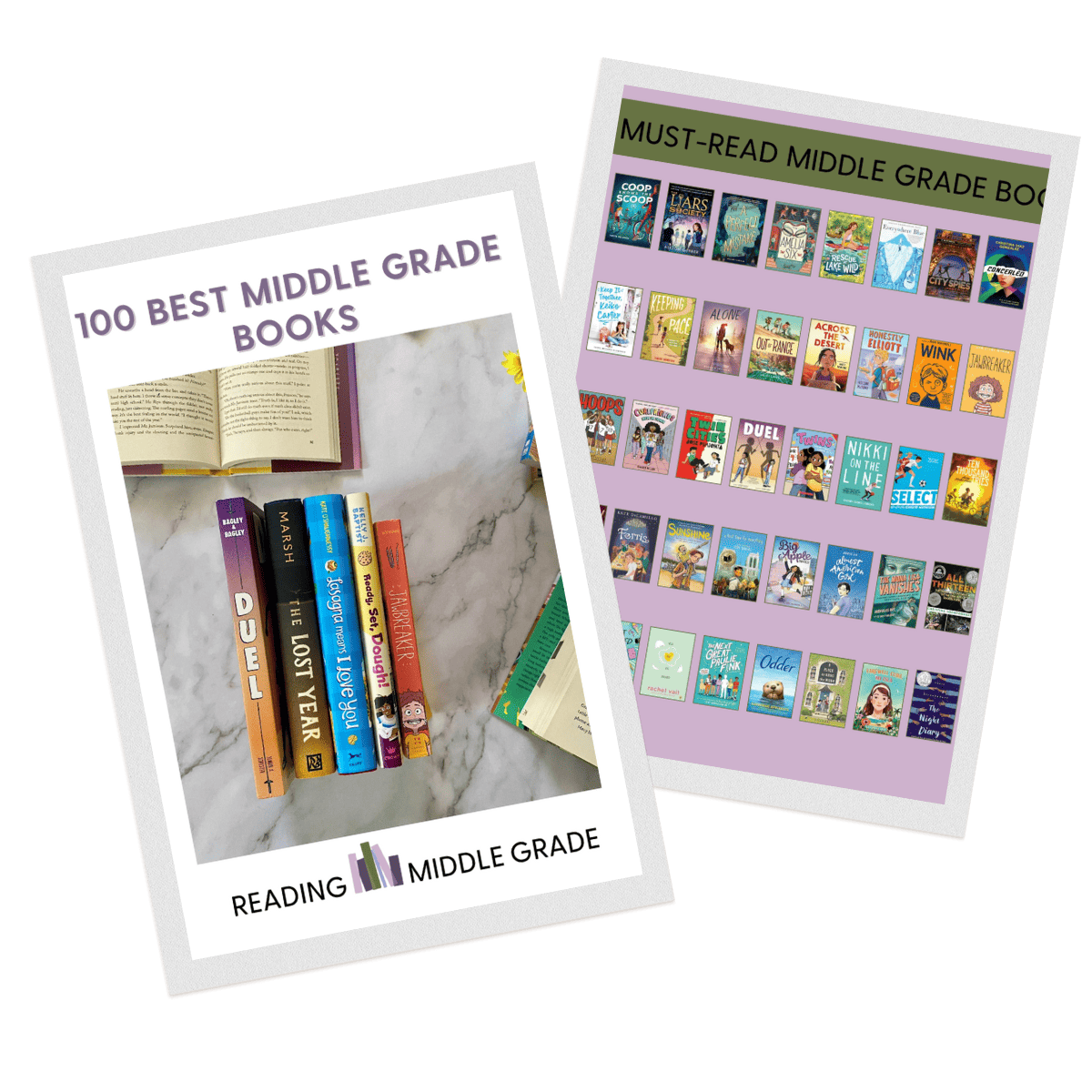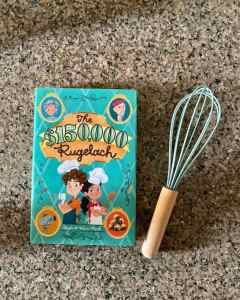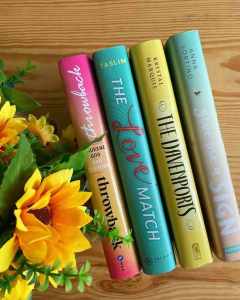Interested in working as a freelance journalist? Interviews with freelancers are some of my favorite posts on this site. So many people are interested in how freelancers work, how they make money, where they find jobs, etc.
Today, I’m chatting to freelance journalist and writer (most recently, deputy editor), Ayodeji Rotinwa about his freelance career. Find out how he fell into journalism and his major freelancing struggle in this interview. Enjoy.
*While he was freelancing at the time of this interview, Ayodeji Rotinwa recently became the deputy editor at African Arguments. As such, he is no longer strictly freelance.
Please tell us what you do for a living and how long you’ve been working freelance.
I am a freelance journalist and this is my fourth year of doing it full time. It’s basically emailing strangers in newsrooms, (often in foreign countries) with a crazy (story) idea you had, and think the world should know or be informed by, and hoping they respond. Then losing sleep when they don’t, being commissioned eventually, writing till you bleed, anxiously awaiting feedback from that stranger. Finally, humbling yourself through edits that assure you your first draft was piss poor, polishing it up, sharing it happily with friends and strangers and then waiting weeks or months to be paid.
How did you end up working as a freelance journalist?
I got into journalism quite by accident in general. It was never something I thought I could do. Circa 2011, I had been recently redeployed to Lagos during my NYSC year after a hectic, literally life-threatening posting to Yobe during an election year (story for another day). I had six months left in the service year and was really looking for somewhere to pass time. A friend of mine worked at THISDAY Newspapers and suggested I come work as a reporter and then go on to find what I initially wanted to do — which was to be a diplomat.
At the time, however, I had just started an “online magazine” with a friend that I had wanted to be the Nigerian version of the New Yorker. I thought readers needed an thinking-led, intellectual but fun alternative to the gossip blogs that dominated at the time. So I thought joining the paper would make sense to learn better how to write, make news contacts, and so on for the remaining six months of my NYSC.
I ended up staying at THISDAY for five years. It was not a 9-5 in the strict sense of the word and I guess the free time prepared me for the nothingness in between that freelancing can be — which if you are not prepared for can quickly make you question your purpose. At THISDAY, as long as I showed up on one or two production days in the week and turned in my work before deadline, I was fine.
What convinced you to go freelance?
What convinced me to go freelance was a desire to switch gears with regards to what I was writing about. I started at THISDAY on the Style magazine desk covering fashion, lifestyle, and culture. Eventually, I started pitching in work for other beats as well: Politics, Features and Art. But it soon all became very routine and I felt like I was flatlining career wise. Also, at this point, I desperately desired to write for the biggest magazines and publications in the world, tell the “Nigerian story” on a bigger stage, work with best of the best editors, deep dive into pieces that I would not have had time and resources for at a daily newspaper. I wanted to explore more hardcore beats: data, investigative pieces. Quite frankly, I also wanted a bigger reading audience. So freelancing seemed the out to achieve these.
How long did it take you to find a rhythm with freelancing and what steps did you take to find clients and market yourself to potential clients?
I don’t know that I have found a rhythm quite yet. The first few months in, while not getting any traction, I decided to train my energies into writing and developing a voice in covering a particular beat. I considered that I enjoyed reading the most, and as such enjoyed writing, the kind of stories that gave me genuine joy in bringing together and taking apart. For me that turned out to be visual art and culture.
Post discovering (and deciding) this was my joy patch, I started to hit my stride. However, it still took some time. How to find clients — in this case editors or publications — is good old stalking. Once I figured out what I wanted to write, I researched the publications that were putting out the kind of work I wanted to create. I would comb the internet for their editor’s email or sometimes for the email format of their organization, and I would pitch my ideas.
[bctt tweet=”To this day, I immodestly share and trumpet my work everywhere hoping it can, through shares, land in front of an editor whom I’m interested in working with. And this has worked for me several times.” username=””]
Sometimes I followed them on social media (Twitter especially) and tried to engage and build a rapport there. To this day, I immodestly share and trumpet my work everywhere hoping it can, through shares, land in front of an editor whom I’m interested in working with. And this has worked for me several times. So many RTs have led to follows, the odd DM, and then a commission. Or sometimes editors reach out to you without any previous contact based on what they have seen on their timeline, written by me.
What challenges did you face in the beginning and how did you cope? What challenges do you still face as a working as a freelance journalist?
The initial challenge was finding and developing a voice and finding a niche. Freelancing can pull you in different directions and you can easily become a writer for hire without developing a network, expertise, or authority in certain areas — all of which really make you more valuable as a journalist.
The other challenge is accounting. Different publications have different policies per when they pay after a piece has been published. Not all stick to those timelines for various reasons. It is an ongoing difficulty trying to plan, maintain a life when monies are due at unpredictable times. These days, I try to plan my pieces way in advance. I organize my pitches and publication dates in a certain time-frame so payment arrives around a certain period. I also review payment policies of different platforms before pitching. So, I could have a brilliant idea, and I think it fits this particular publication but if there’s an alternative that has a record of paying fairly quickly after publication (and/or even more) before my internet runs out that month, that is who I am going for.
It doesn’t always work out that way of course; there are other considerations. You also take into account working with favorite editors, or publications you’re sentimentally attached to.
[bctt tweet=”The initial challenge was finding and developing a voice and finding a niche. – @ayodejirotinwa on working as a freelance journalist” username=””]
How do you deal with slower work seasons? Do you think work-life balance is possible for freelancers? If you’ve figured this out, I’d love to hear your tips!
Even when I am casually on Twitter reading news stories, I’m still working: keeping updated, subconsciously archiving story ideas. It really never ends. If I wasn’t writing for a living, I would still be reading, debating, analyzing stories, events (that eventually lead to articles), so there’s no switch off. I can only switch off when I am not actually online, which I have been doing a lot more of. Because sometimes reading, thinking, analyzing a lot daily can leave you jaded, and that is not even good for work. You see, it is a vicious cycle!
I deal with slower work seasons by making peace with the fact that they exist and have to, whether I like it or not. I can take that time to read, parse through ideas or sometimes just do nothing but worry about when the next season of Pose is coming out.
[bctt tweet=”I deal with slower work seasons by making peace with the fact that they exist and have to, whether I like it or not. I can take that time to read, parse through ideas or sometimes just do nothing but worry about when the next season of Pose is coming out. – @ayodejirotinwa” username=””]
How did you figure out how best to price your services? That’s something a lot of business owners & content creators struggle with.
After about two years, and reviewing what I had been offered in terms of rate by different platforms, I realized that the average (a good average), was about $0.50 per word. Depending on the complexity of the work, it can be lower or higher than this, but this was a good middle to start off from.
So this is the guide. If it’s a piece that can be quickly turned around, does not require too much leg work and it’s a daily or weekly publication (those usually have a tighter budget), I could price lower. But I have a cap I will never go below.
What do you love most about what you do? How have things changed for you since you started?
The opportunity to learn for a living. Almost every piece is an exercise in discovery. Yes you may have facts, theories, hunches, a story about a story, but it is in the researching, interviewing, speaking to people, traveling, experiencing new things, that you learn. Just today I found out again that “traditional music” in Northern Nigeria can be found all across West Africa up until Morocco, Algeria and is colloquially called the desert blues. And that we (Africans) are really more alike than we know.
What’s the biggest lesson working as freelance journalist has taught you? Which resources would you recommend for new freelance writers looking to improve their craft?
Freelancer or on staff, as clichéd as it might sound, the greatest resource remains: reading. Widely. Things that interest you, things you may not have previously considered interesting. Sometimes I am writing an art piece and find myself digressing (in a way that is relevant) into politics, history and vice versa. I find the best kind of writing can find connections between things that the average person might not see or have considered.
[bctt tweet=”Freelancer or on staff, as clichéd as it might sound, the greatest resource remains: reading. Widely. Things that interest you, things you may not have previously considered interesting.” username=””]
More specifically, platforms like IJNET, Mridu Khullar Relph of The International Freelancer share super helpful tips from pitching to pricing your work that can make your life a tiny bit easier as a freelancer.
What do you wish you knew about freelancing before you started; what would you do differently?
I don’t think there’s a blueprint for how to be a perfect freelancer. At the moment, I’m still learning. I constantly lean on very generous colleagues for clarity, and advice on how to navigate better. I am thankful for mistakes because I can learn from them. There’s not much I would do differently. I had to make mistakes, take wrong turns to get to and be content with where I am now. There are probably a few more twists and turns ahead.

Morning person or night owl? What three things are part of your morning ritual?
Night owl. Instagram. Twitter. Whatsapp.
Who are your favorite writers (online/print) to read?
This list is never definitive. It also changes from time to time. But my fave writers are Wana Udobang, who inspired me (from a distance) to take the plunge into freelance writing. There’s an honesty and sentimentality to Wana’s work I love and appreciate.
I’ve also recently enjoyed a lot of Kwame Gyamfi Asiedu, who writes from and about Accra/Ghana for Quartz Africa. Kenya’s Nanjala Nyabola is also a fave. I read a piece where she weaved film, culture and constitutional law with queer film Rafiki at the center, in a masterful long read. I became an instant fan. Also, I quite like the clarity in Wilfred Okichie’s film reviews.
Finally, but hardly the least, Milisuthando Bongela, former Arts Editor at Mail & Guardian South Africa, who is now making a film about growing up in a post apartheid country. Her work is always charged, righteous, affecting. It leaves a mark, as all good writing should.

He covers visual art & culture, social justice, sustainable development across West Africa, and increasingly elsewhere. His work often seeks to explore the intersections between these topics.
Rotinwa also writes extensively on his base, Lagos, Nigeria; its people, their losses and gains, and the politics in between.
He has been published widely in print and online media, in titles such as New York Times, Financial Times, Art Forum, Artsy, CNN, Forbes Africa, The Africa Report, Mail & Guardian, Roads & Kingdoms, amongst others.
Connect with him on LinkedIn.
More Freelancer Interviews
- Adebola Rayo on being a freelance editor in Nigeria
- Joy Ehonwa on marketing yourself as a freelancer
- Kay Belaniso on working as a virtual assistant in Asia
- Mollie on freelance editing
Have you ever considered working as a freelance journalist?
Are you a freelancer? Would you like to feature on this blog? I’d love to hear your story! Get in touch with me at afoma[at]afomaumesi.com.
[bctt tweet=”Interested in working as a freelance journalist? Or just interested in freelance writing in Nigeria? You’ll enjoy this interview with @ayodejirotinwa” username=”afomaumesi”]

















What do you think? Leave a comment